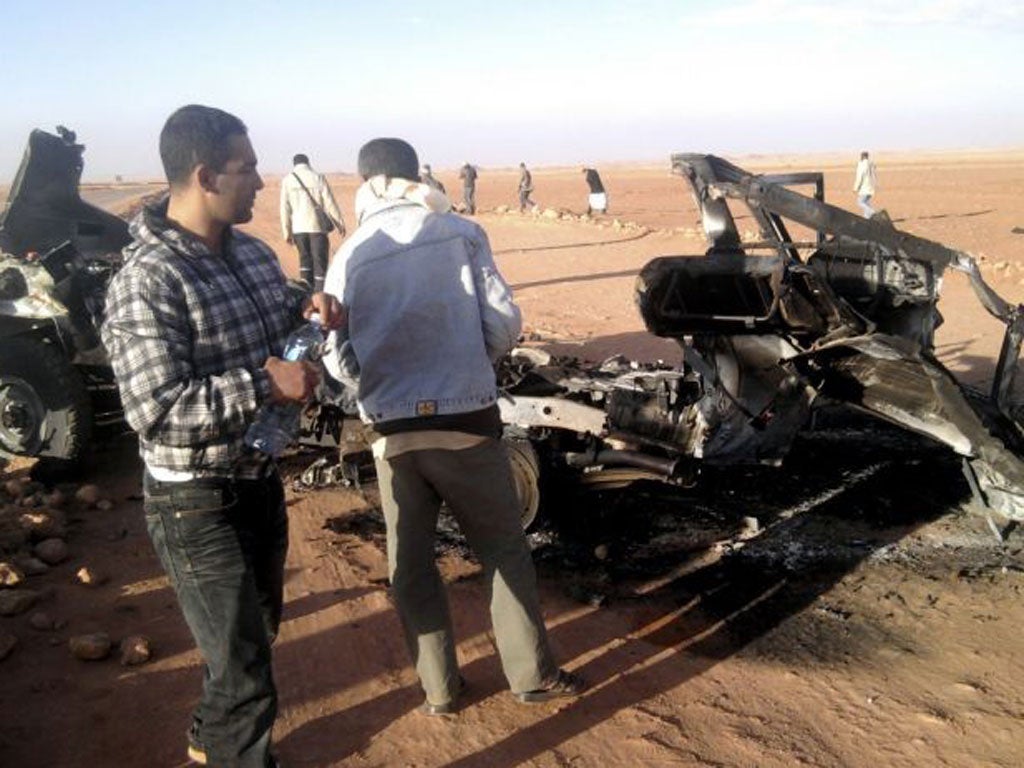Algerian foreign minister admits hostage crisis mistakes

Algeria's foreign minister has admitted that his government's security forces made mistakes during the hostage crisis at the In Amenas gas plant, in which 38 civilians and 29 militants died, including six British nationals.
He also said Algeria will need international help in the fight against terrorism.
The 16 January attack by al-Qa'ida-affiliated group Signers in Blood led to a four-day siege at the gas plant, run by BP, Statoil and the Algerian state oil company. Algeria's decision to refuse foreign offers of aid in handling the crisis, and to send the military to fire on vehicles full of hostages, drew widespread international criticism.
Speaking at the World Economic Forum in Davos, Switzerland, Mourad Medelci told the Associated Press: "We are in the process of assessing our mistakes. In that assessment we are leaning more towards establishing that the operation was a success."
Mr Medelci also said Algeria is likely to reinforce security measures at sites where multinationals operate in the country, insisting that foreign workers "will continue to work in Algeria and that is the best way to answer the terrorists."
He defended the government's decision to attack instead of negotiating. "Faced with such an attitude (of terrorism), it's not just words that solve the problem. It's action," he said.
But he admitted that Algeria, which faced years of internal extremist violence, "can't continue to face international terrorism alone. It absolutely needs support."
He argued that Algeria wasn't the target of the attack, but "they are targeting investors in Algeria and the foreigners who work there."
This is in step with British Prime Minister David Cameron, who two days ago told the same conference at Davos that the G8 should share the burden of fighting international terrorism, not only through military action, but also with diplomacy, aid, political relations and support for democracy.
He said: "The G8 can discuss how we can best divide up some of the work between us - and how we can partner up with the countries worst affected to overcome this threat... This will be right up there on our agenda."
Join our commenting forum
Join thought-provoking conversations, follow other Independent readers and see their replies
Comments
Bookmark popover
Removed from bookmarks